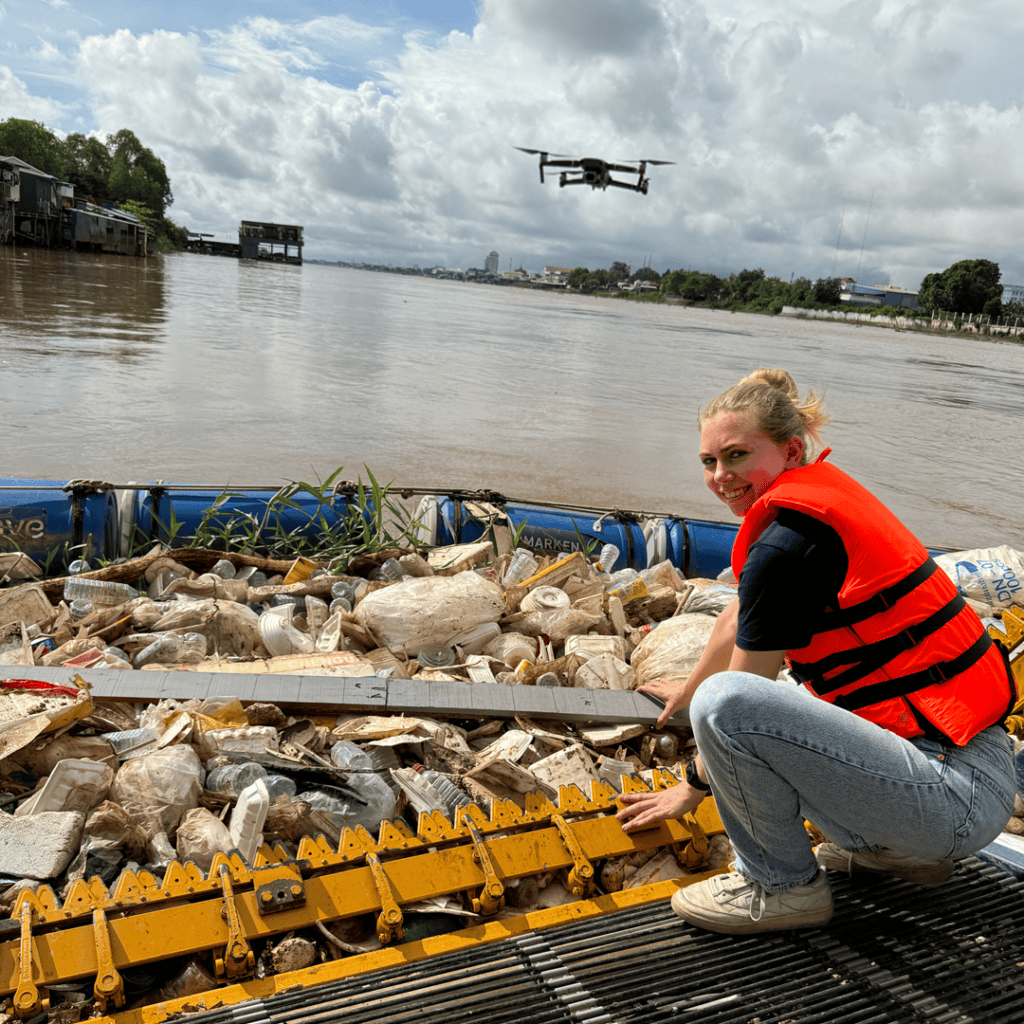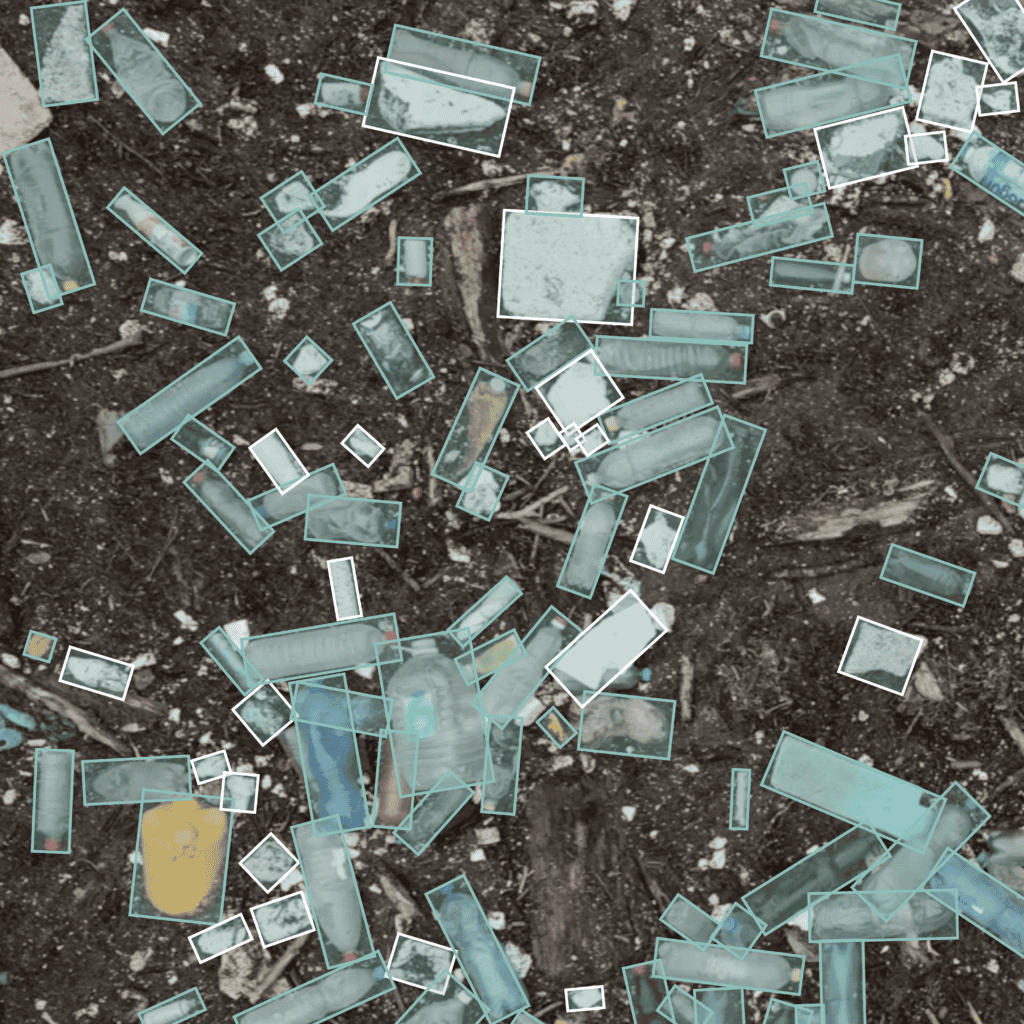Artificial Intelligence in Waste Detection
Opportunities and challenges for a sustainable future.


The increasing pollution caused by plastic waste is one of the biggest environmental crises of our time. Beaches are littered with waste, oceans are polluted with microplastics and landfills are overflowing. Identifying waste hotspots and monitoring waste pollution is extremely challenging. It often remains difficult to precisely record the exact locations and extent of pollution. But this is where artificial intelligence comes into play: it offers us the opportunity to efficiently localize waste and specifically identify problematic areas. Let’s take a look at how AI can help us tackle the challenges of waste detection.
The role of artificial intelligence in waste detection
Artificial intelligence has the potential to fundamentally change the way we deal with waste. By using advanced algorithms and machine learning techniques, we can detect, classify and analyze waste in real time. The advantages of AI in waste detection are manifold:
Automated waste identification: Traditional methods of waste identification are often time-consuming and error-prone. AI-supported systems can automatically analyze images of waste and identify different types of waste, including plastic.
Real-time data analysis: AI systems are able to process large amounts of data in real time. This enables a rapid response to changes in waste distribution and targeted measures for elimination.
Optimization of recycling processes: Recycling and disposal processes can be improved through the precise recognition of waste types. AI helps to recover valuable raw materials and increase the recycling rate.
Collection of scientific data: The data collected provides valuable information on waste generation and behavior in different regions. These findings are crucial for the development of effective waste management strategies.
Opportunities for the future of waste recognition
The integration of artificial intelligence into waste detection opens up numerous opportunities: Cities and municipalities have the chance to significantly optimize their waste disposal through AI-supported systems. This not only enables better planning of resources, but also actively contributes to the protection of our environment. Through the precise use of AI, waste hotspots can be identified so that targeted cleaning measures can be taken.
In addition, the use of drones and other airborne technologies in combination with AI enables the efficient localization of waste hotspots in areas that are difficult to access. These technologies provide a comprehensive view of large areas, allowing problematic areas to be quickly identified and targeted action to be taken. The ability to detect waste from the air revolutionizes the way we deal with waste and opens up new perspectives for waste management.
In addition, the use of AI promotes innovation in materials research by driving the development of new technologies to improve recycling processes and create more sustainable materials. These advances can not only increase efficiency, but also help to reduce the use of single-use plastic.
The data generated by AI provides valuable insights that help decision-makers make informed decisions on waste policy. Precise information on waste distribution and types can be used to develop targeted waste prevention and reduction programs that have a real impact on the environment.
PlasticObs+: An example of the use of AI in waste detection
The PlasticObs+ research project shows how innovative AI technologies and intelligent sensor technology can contribute to environmental protection. The PlasticObs+ research project uses artificial intelligence to find and analyze plastic waste in bodies of water and understand how it spreads. Drones and aircraft equipped with intelligent sensors produce large-scale images that detect plastic accumulations. This data helps to train the developed AI and thus make environmental pollution visible and measurable. The system can be used both on land and in the water, providing a comprehensive picture of pollution.
Outlook
Artificial intelligence is a crucial factor for a more sustainable future and plays a central role in the fight against plastic pollution. The opportunities presented by the use of AI in waste detection are enormous and offer the possibility of protecting our planet for future generations.
contact
Would you like to work with us or do you have any questions?
[email protected]


